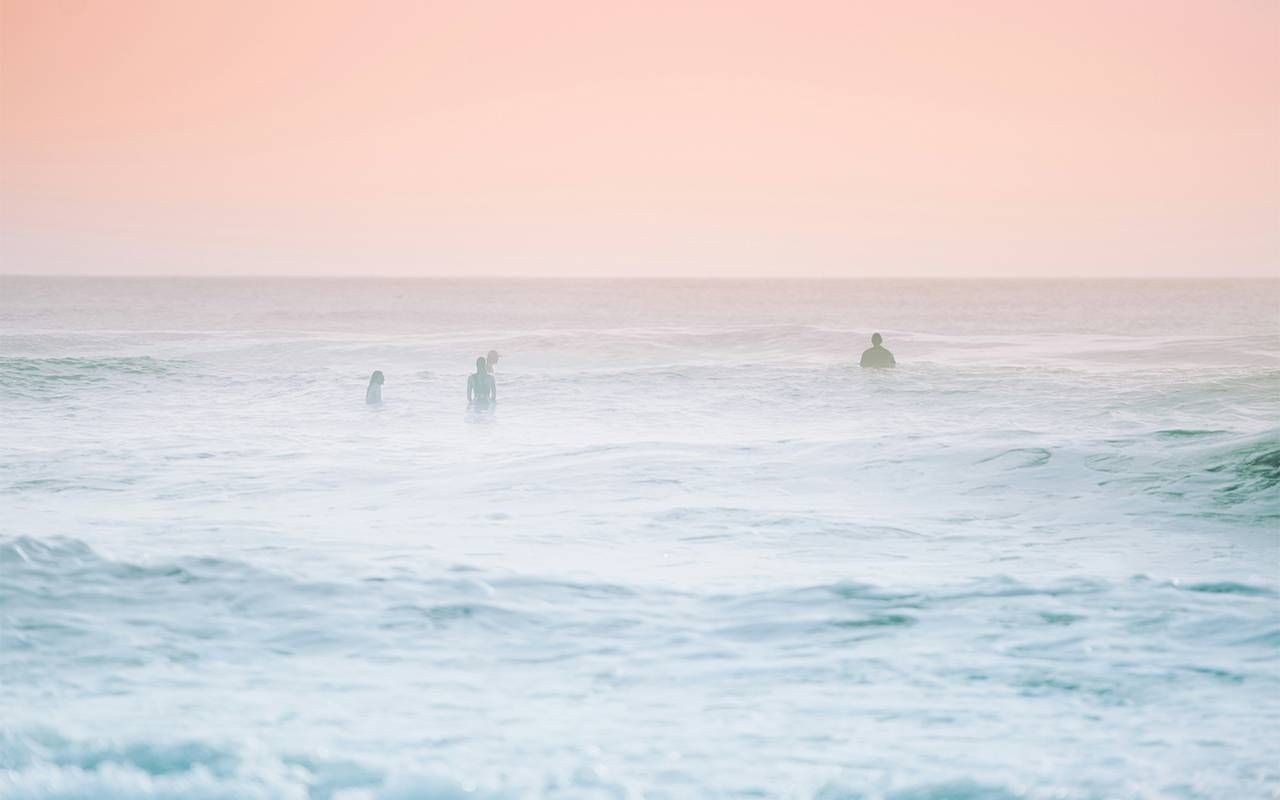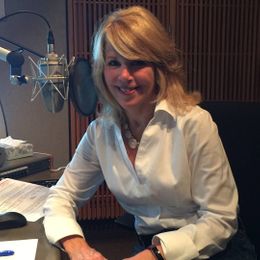Want to Be Wiser? Add More Slow-Wave Sleep
When you're deeply asleep, your body is resting but your brain isn't. Here's what researchers are learning about slow-wave sleep.
Close your eyes.
You're sitting on a surfboard. The sun is shining on your face. Seabirds are calling. The air is alive with the tang of saltwater.
It's a calm day and your board bobs languidly in the shallows. But out toward the horizon you can see a series of gentle waves building, one after the other, and soon they'll be rocking your surfboard to and fro.

Still have your eyes closed? You are sinking into the third stage of sleep called slow-wave sleep when you are sleeping most deeply. Your temperature and blood pressure drop but, contrary to what your body is doing, your brain is not resting.
Getting to the Big Picture
In the neocortex part of the brain, slow electrical waves are cycling through while in the hippocampus, neurons are firing off small sequences.
Emerging evidence suggests that rapid eye movement sleep and slow-wave sleep work together, not in competition with each other, to create useful knowledge.
"You've got these very, very slow waves of activity," says Dr. Charan Ranganath, head of the University of California at Davis Dynamic Memory Lab. "And in the hippocampus you see these neurons start firing in little bursts at different points during these waves."
Neuroscientists have long believed that what the brain is doing during deep sleep is consolidating memories gathered during the day. But in his new book, "Why We Remember," Ranganath asserts that the brain is doing much more than just solidifying memory.
He believes that emerging evidence suggests that rapid eye movement sleep and slow-wave sleep work together, not in competition with each other, to create useful knowledge.
Ranganath concedes that there was skepticism when he and a fellow researcher, Xiaonon Liu, first proposed this but lab simulations appeared to prove it out.
"I think there's some truth to that idea that what sleep is doing is helping you get the big picture."
"This is another controversial thing in the literature but I think this is why we can go to sleep and we'll be just flummoxed by some problem that we're dealing with. And then you wake up and sometimes it's like you have this aha moment where it just all seems to come together." He adds, "I think there's some truth to that idea that what sleep is doing is helping you get the big picture."
Ranganath points to British sleep neuroscientist and author Dr. Matthew Walker who believes that "sleep allows us to turn memory into wisdom."
'A Lot Left to Learn'
But just as slow-wave sleep can be important for knowledge, even wisdom, lack of it may be a risk factor for dementia. Mayo Clinic sleep neurologist, Dr. Diego Carvalho, co-authored a study that was published last May in the journal Neurology in which he found that severe sleep apnea, which disrupts slow-wave sleep, produced white matter hyperintensisties or abnormalities.
Carvalho explained via email that "white matter hyperintensities are white spots commonly seen in brain MRIs that suggest damage to the pathways that connect different brain regions."
But just as slow-wave sleep can be important for knowledge, even wisdom, lack of it may be a risk factor for dementia.
Other studies, including one published in October and co-authored by Australian psychologist and researcher Matthew Pase, found a higher risk for dementia in people who had experienced a decline in slow-wave sleep.
And yet, Carvalho cautions against making easy conclusions. "The understanding of slow-wave sleep function and its relationship to memory, aging, sleep disorders and risk for dementia remain an active area of research. There is a lot left to learn."
Skip the Sleep Tracker for Slow-Wave Sleep
As we've better understood the connection between sleep and cognitive health, more wearable sleep trackers are ending up in bed with us. Sales of wearable sleep trackers have skyrocketed over the last decade and market forecasters predict that more than $2 billion worldwide will be spent on them in 2024.
Carvalho is not a fan. He says trackers are often inaccurate for measuring slow-wave sleep, particularly in older people, and that the trackers often miss the "subtle characteristics" of
slow-wave sleep.
So what can you do to try to get more restful and restorative slow-wave sleep? You won't be surprised to see recommendations that look a lot like those fuddy-duddy tips for an overall healthy lifestyle.
Carvalho believes exercise is essential for encouraging more slow-wave sleep. Dr. Charlene Gamaldo, Medical Director at Johns Hopkins Center for Sleep, wrote recently on the Johns Hopkins website that getting 30 minutes of moderate aerobic exercise may result in better sleep that same night. According to Gamaldo, "It's generally not going to take months or years to see a benefit."
Experts also say that alcohol disrupts sleep, creating sleep fragmentation, or wakefulness, several times in the night.
And good sleep hygiene is important. Going to bed in a cool, dark room at close to the same time each night helps.
Most of all? Carvalho says don't obsess over how much slow-wave sleep you're getting. It will only keep you up at night.


